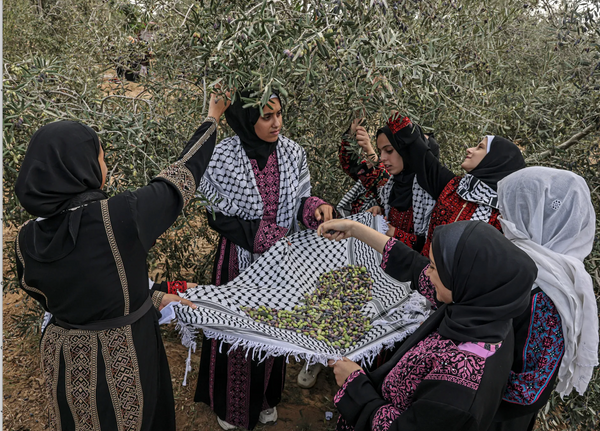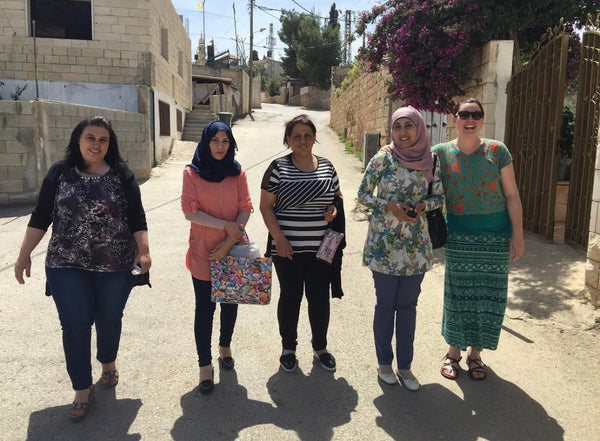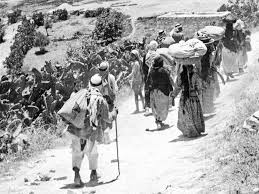Exploring the Sacred Legacy of Al-Aqsa Mosque in Palestine
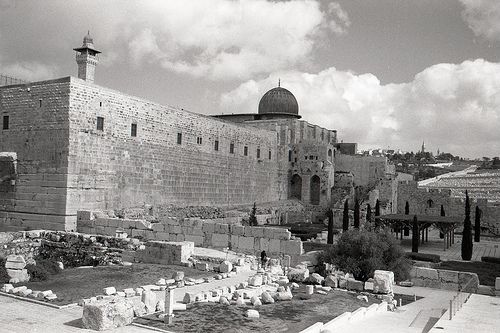
Al-Aqsa Mosque stands as a beacon of faith and resilience, embodying the rich heritage and steadfast determination of Palestinians and Muslims worldwide. Nestled in the heart of Jerusalem's Old City, this revered sanctuary holds profound religious significance, symbolizing a testament to enduring faith and historical legacy.
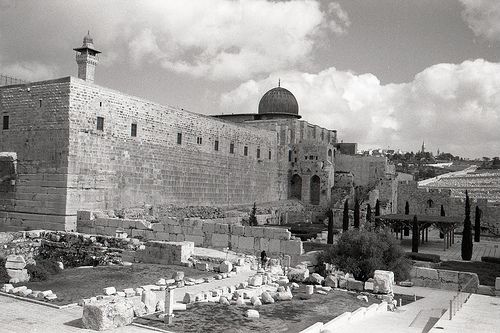
Despite its significance, recent events have spoiled the sanctity of Al-Aqsa Mosque, as Palestinians face restrictions on worship and access to their sacred site. During Eid celebrations, Israeli authorities imposed stringent limitations, barring many from partaking in essential religious rites. Such actions not only violate fundamental human rights but also diminish the sacred significance of this revered sanctuary.

In the aftermath of Ramadan, the plight of Palestinians has continued to worsen, as relentless Israeli settler attacks ravaged Gaza, Ramallah, and Nablus, inflicting untold suffering and loss. Amidst the devastation, Eid festivities were overshadowed by a somber reality of violence and displacement, underscoring the urgent need for global solidarity and intervention.
As we bear witness to the ongoing crisis in Palestine, let us unite in prayer and advocacy, calling for an immediate ceasefire and concerted efforts to address the root causes of injustice. Together, we can amplify the voices of the oppressed and work towards a future of peace, dignity, and justice for all.


